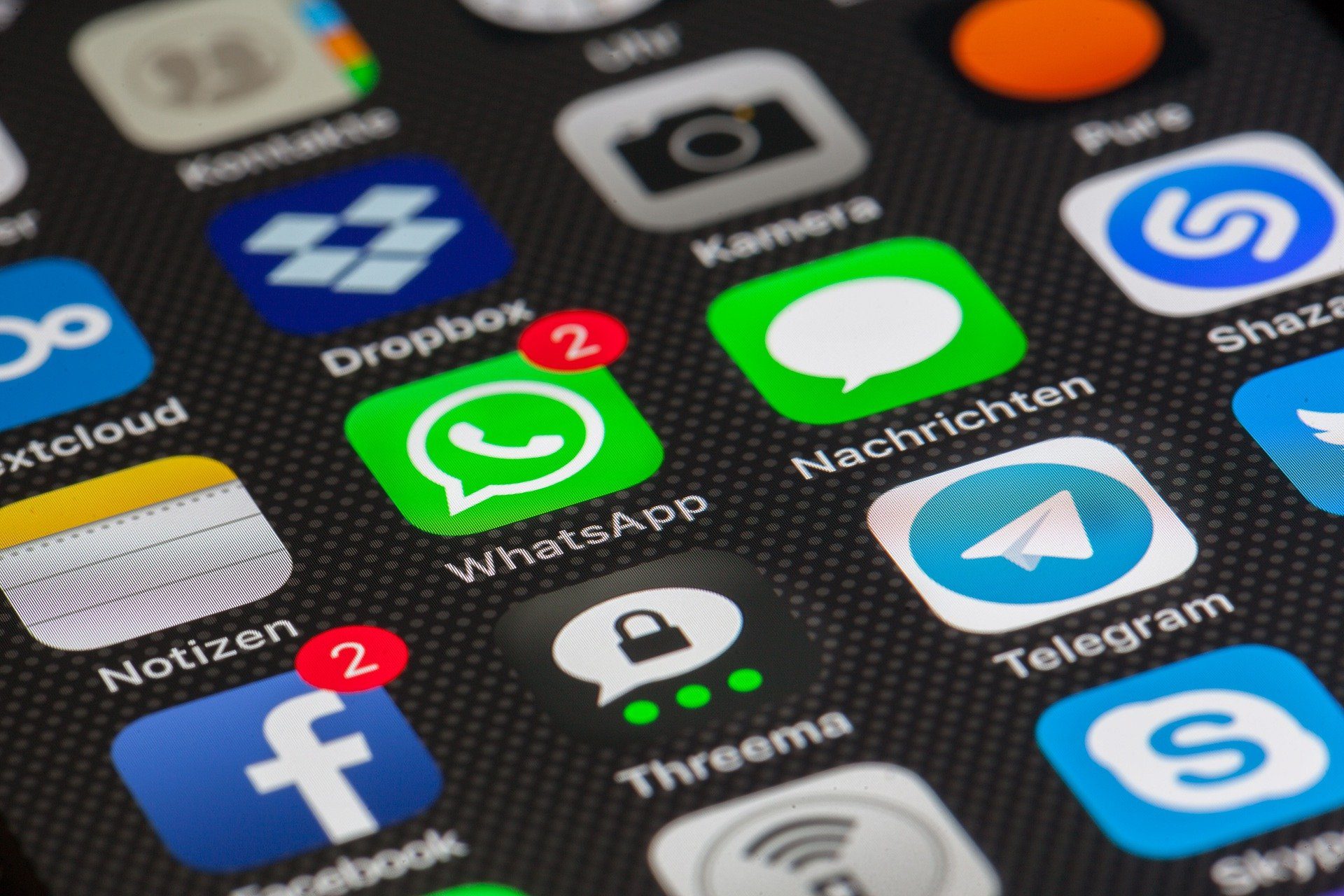WhatsApp made headlines this week after announcing a controversial decision to force users to share data with its parent company, Facebook.
WhatsApp is back in the news this week following another privacy-related scandal. The Facebook-owned company is facing scrutiny for an update in its privacy policy that forces users to share their WhatsApp data with parent company Facebook. This form of data sharing started a few years ago, but existing users were given an option to opt-out. Now, the company is making it mandatory to accept data sharing with Facebook if you want to continue using WhatsApp.
This decision naturally led to an uproar among WhatsApp’s users, prompting the company to swiftly follow up with a statement on Twitter clarifying that neither WhatsApp nor Facebook can read your messages or listen to your calls.
We want to address some rumors and be 100% clear we continue to protect your private messages with end-to-end encryption. pic.twitter.com/6qDnzQ98MP
— WhatsApp (@WhatsApp) January 12, 2021
However, what the company hasn’t clarified is what sort of WhatsApp data is shared with Facebook. According to Wired, WhatsApp can share a lot of metadata about you with Facebook without revealing the actual content of your messages.
“In practice, this means that WhatsApp shares a lot of intel with Facebook, including account information like your phone number, logs of how long and how often you use WhatsApp, information about how you interact with other users, device identifiers, and other device details like IP address, operating system, browser details, battery health information, app version, mobile network, language and time zone. Transaction and payment data, cookies, and location information are also all fair game to share with Facebook depending on the permissions you grant WhatsApp in the first place,” Wired said.
A surprising wakeup call
What’s interesting here is that WhatsApp has already been sharing data from the vast majority of its users with Facebook. The option to opt-out was not made available to any users joining WhatsApp after 2016. It was also only made available to existing users for 30 days before the toggle disappeared entirely from the app.
The recent changes in WhatsApp’s privacy policy sounded the alarm on what the company has been doing for almost half a decade.
This all began in 2014 when Facebook acquired WhatsApp for a sweet $19 billion. At the time, WhatsApp’s co-founder Jan Koum published a blog post announcing the acquisition where he made one promise:
“Here’s what will change for you, our users: nothing.”
The blogpost then went on to explain WhatsApp’s commitment to privacy, but as expected, the post has since been deleted from the blog. However, an archived copy of the post is available online.
Four years after the deal, Brian Acton, the popular social media app’s other co-founder, called on users to delete Facebook. He also walked away from Facebook a year before all his stocks in the company vested, costing him $850 million.
As Facebook plans to integrate all its messaging services, privacy-conscious users are not as comfortable with the idea as the mega social media platform clearly is. This fear of Facebook’s dominance and the company’s lack of privacy protection has been amplified by one of the largest tech companies in the world: Apple.
Apple vs Facebook
While Facebook has built itself a growing reputation of privacy scandals in the past few years, Apple has taken a different approach. The conflicting ideologies have led to online battles between the two companies.

In June of last year, Apple announced apps will have to show an alert before tracking users across different apps and websites online. The change was introduced as part of a slew of measures to increase the privacy of iPhone users.
Facebook responded by taking out a full-page ad in the New York Times, Wall Street Journal and Washington Post accusing Apple of harming small businesses with those measures. Facebook claims that preventing it from tracking users will lead to higher costs of advertising which will harm small businesses.
In response, Apple said it is simply giving users the choice to control how their data flows.
Possibly the biggest consequence of this online dispute is that it raised awareness on consumers’ online privacy. As people become more and more aware of how their data is handled online, they start to make decisions to protect it. This caused a surge in downloads for other messaging apps.
Switching to other chat apps
Amid the latest controversy to hit WhatsApp, privacy-conscious messaging apps Signal and Telegram quickly rose in the App Store’s charts. They’re both currently sitting in the #1 and #2 spots in the US App Store.

Both apps offer much better privacy protection than WhatsApp, with no user data collected for ads.
Telegram quickly took to Twitter to capitalise on the controversy with memes and tips promoting its service. Its founder, Pavel Durov, reported that 25 million new users joined the service within 72 hours following the controversy.
Signal also celebrated mass downloads with Elon Musk tweeting “Use Signal” to his 42 million followers.
Unlike Signal, Telegram offers features that make the app more usable – such as secure cloud backups, multi-device support and more. This will likely make Telegram a more convenient offering than Signal for most users.
Switch pending?
While WhatsApp did not change much in their latest privacy policy, it was seen as a nail in the coffin for its rising number of privacy-conscious users. As these users flocked to alternatives, apps such as Signal and Telegram saw a surge in user signups over the past week.
What do you think of WhatsApp’s latest privacy scandal? Is it time to transition to a more privacy-conscious alternative, or is the hassle of switching not worth it for you? Let us know what you think in the comments.
Follow Doha News on Twitter, Instagram, Facebook and Youtube







